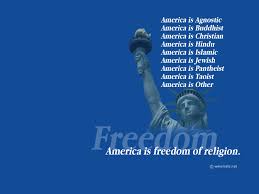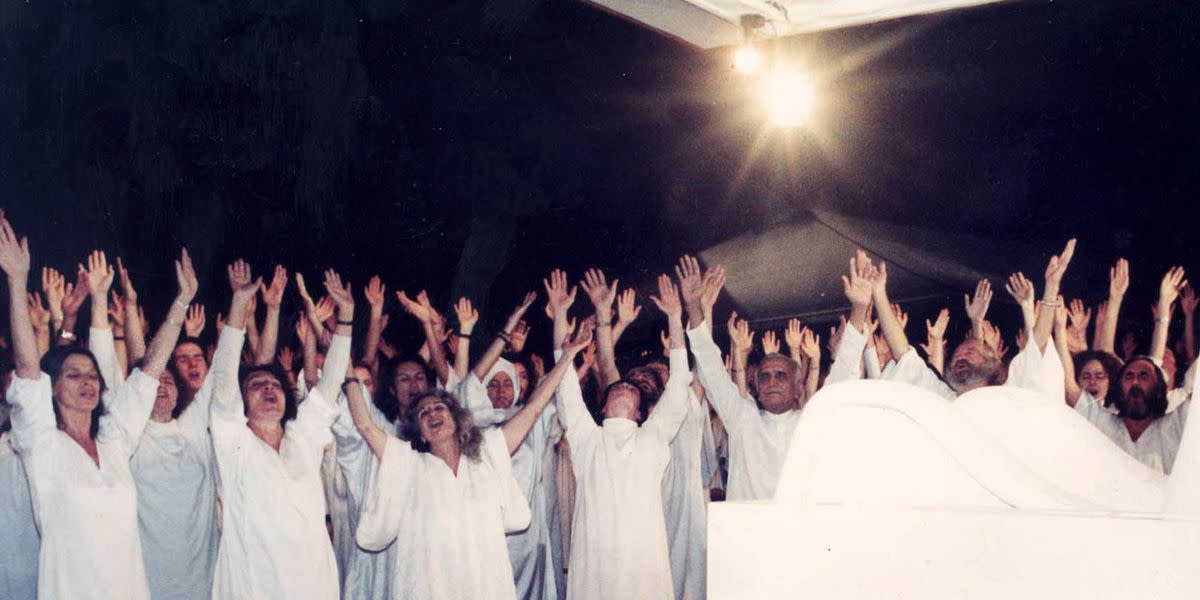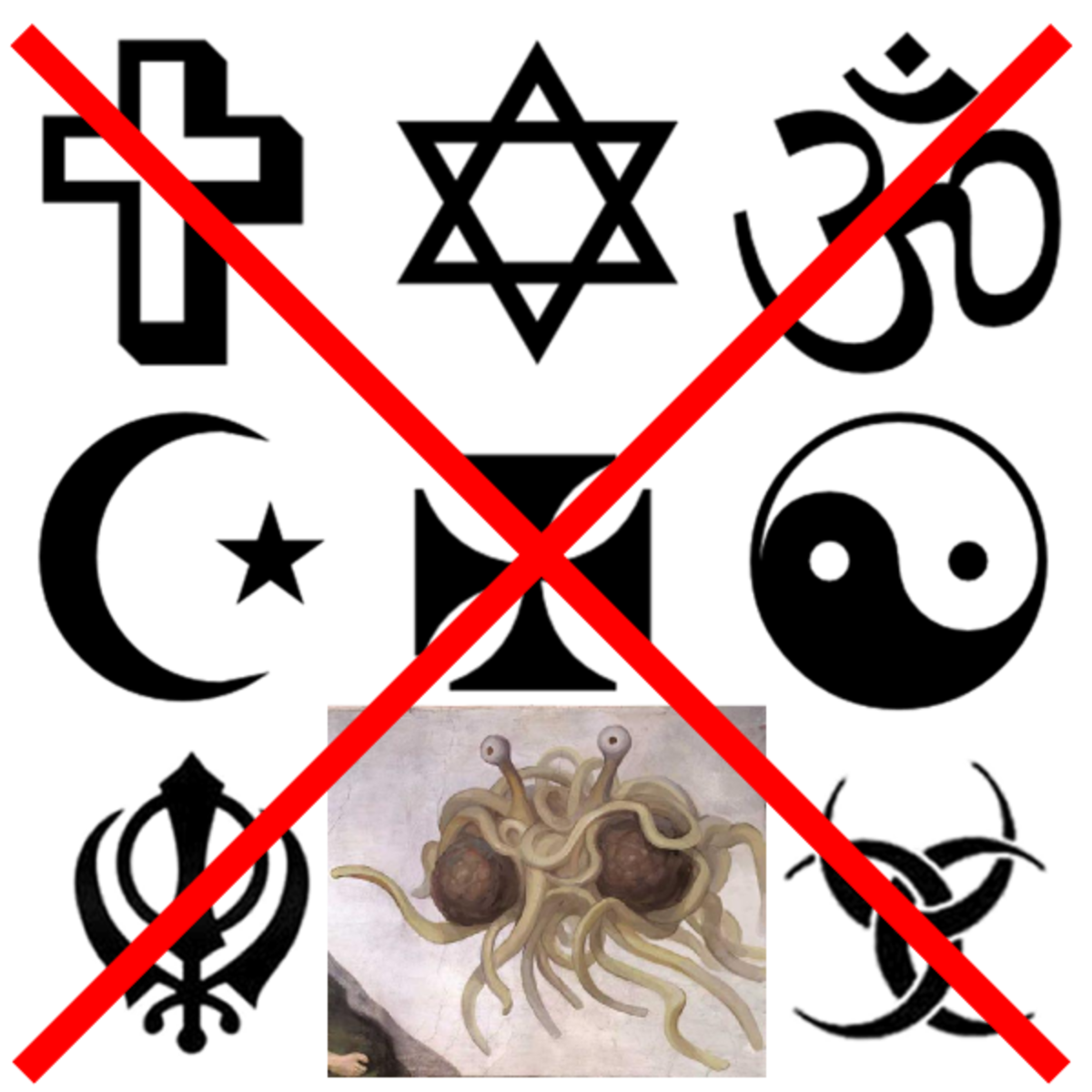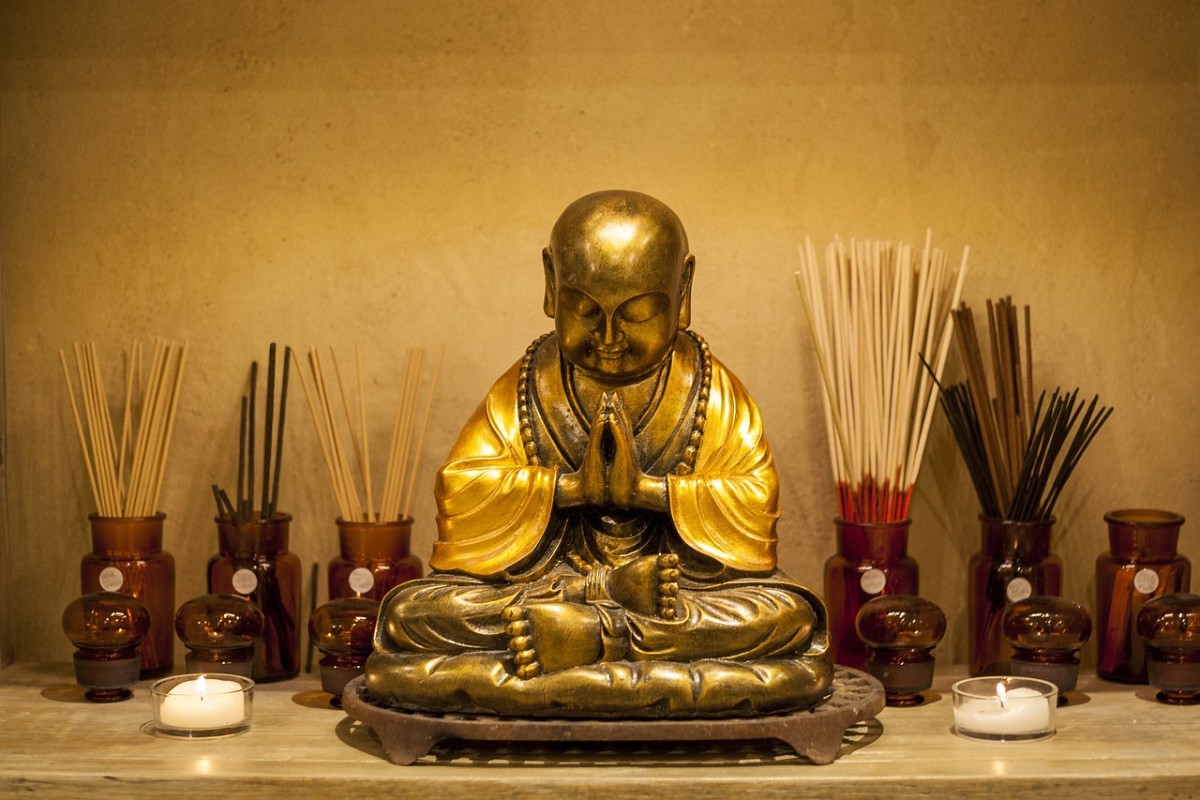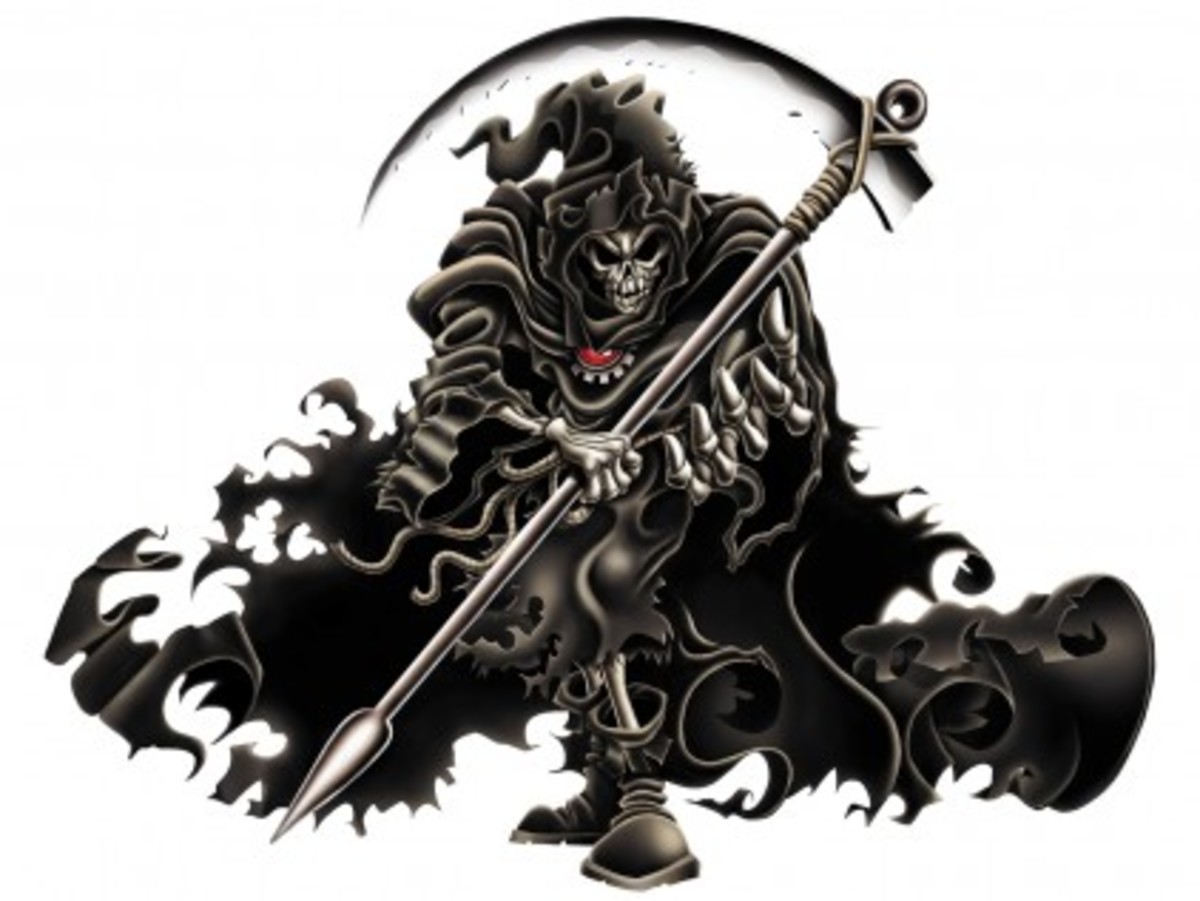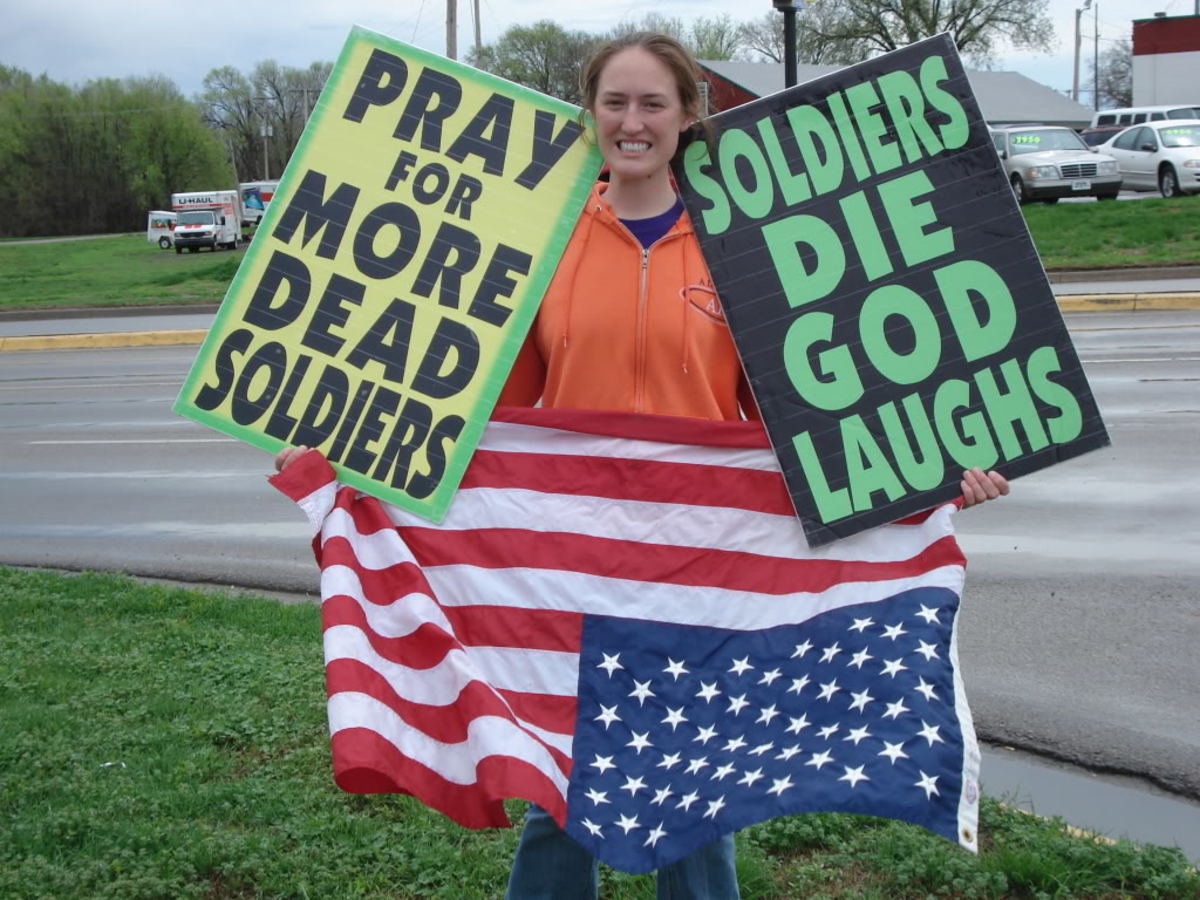The Line Upon Which All Religions Split
Religious Pride versus Religious Humility

Religious Pride versus Religious Humility
This hub was created to serve the ideas and discussions of people of all faiths regarding the most effective goals and attitudes of religions.
The line upon which all religions split
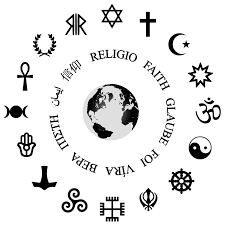
The Line Upon Which All Religions Split
By Michael Kitz2004
Duality is the easy and popular way for many to understand things, though it is always a broad view and lacks the truth of detail and reality of rich experiences. Its use is to clearly identify and demonstrate a single fundamental quality, allowing the quality to be more exposed and easier to follow.
There are countless religions. Their beliefs are as numerous as the stars. Some are ancient and some are new. Some are large and some are small. Each person on earth follows his or her own science, whatever it may be. Spirituality is a lifelong quest and can be complicated and arduous in our limited time here...
But in the spirit of duality and desire to simplify, there are only two religions in the world. One is Pride. The other is Humility. These two "types" run through all religions concurrently.
The Prides are under the impression that they have it all figured out. They know the secrets of the universe, all the big questions are solved and sealed, and they believe they themselves are God’s ambassadors on the earth. They know exactly what God is, what God wants, what God will punish them for --and more importantly-- what God will punish others for.
The certainty of it all; the avoidance of thinking for oneself, but rather favoring the imagined authority of those they know next to nothing about; the adopting of a system of beliefs that most propagates our inclinations --our truest desires-- has been attractive to many peoples throughout history, of course. It’s easier, it’s more pleasing, and it’s simple: "I know the truth and you do not"—who wouldn’t be enticed to have this as their mantra. Who doesn’t find the idea attractive that God is on your side. That God wants you to act for Him, to mete out His justice (because Lord knows you are better equipped to act for God than God is.) Everyone wants to be special and important; it is simply how we are special and important that we disagree on...
The Prides prefer the feeling of being special and important in God’s plans (or plans of Gods, to be fair) in a way that empowers them to make judgments and take lives with no other reason than it being God’s will-- and really, isn’t that the best reason of all in order to feel justified doing whatever the hell you want? The nice thing about something being "God’s Will" is that it can’t be wrong because -hey, he’s God! So then nothing the Pride’s do is ever wrong, and if it is, well, there’s ways to get around that one too.
Sometimes this deep conviction allows the Prides to stand strong on principle without wavering, which is admirable. Sometimes it causes them to be able to overcome great odds, which is inspiring. But mostly their delusions regarding truth (such as "knowing" instead of "believing") leaves them ironically faithless: regarding their feelings and desires as Gods feelings and desires. They are much more prone to use their systems of understanding to justify and reward behavior that is less than endearing and sometimes just plain terrible.
On the other side of the line which divides all religions is the Humbles. The Humbles know only that they do not know, what they can not know; not in this existence, not with these tools. They sense that the universe is full of secrets which they may never grasp, though that does not prevent them from trying and looking always for new ways to see, even if that means abandoning ideas that they may well have believed in. They take comfort in the idea that even though they don’t know it all, there is a deity, a creator, a force of nature, that does know and that, whether by faith or by good works or by grace, each of us might receive a glimpse of the bigger picture, if not in this life then in the next.
The reason to believe that all religious beliefs break across this single axis, and not into dozens of truly separate categories, is that there are Prideful Christians, Prideful Jews, Prideful Muslims, Prideful Wiccans, etc... who have more in common with one another than they have with the Humble adherents to their same faith tradition. The Prides most identifying mark is that they hate each other. Not only do they hate Prideful members of other faiths but they hate --perhaps more quietly but passionately-- Humble members of their own faith. And they constantly take it upon themselves to act for God to avenge the wrongs before God, which is contradictory to their belief that God is All-knowing and All-powerful, because if God is all knowing/all-powerful/perfect, then God would have no use for the actions of Imperfect creatures, especially admitted sinners, claiming to be imperfect but then acting as though they are perfect (and if they do sin occasionally, well, they are only human, after all.) By the tenets of their own faith, an all-powerful/knowing God would have no need or desire for their worship or obedience, because that would be proof he was not all-powerful. If he was all-knowing he would already know who he’s keeping and who he isn’t, so our actions can accomplish nothing to His purposes.. If he was all powerful then nothing could happen against his will. If he were perfect then everything from him would be perfect as well.
Another nice thing about the Prides is they can conquer any reasoning no matter how wise and any evidence no matter how indisputable simply by calling it the work of the devil or something representing evil that seeks to trick you. It’s a great belief because then you never have be mistaken, even when you are. Actually, to have this sort of "faith" causes them to feel precisely as their concept of God feels: always right, and super pissed off about those who aren’t recognizing that very fact!
This explains why people like Gandhi, Jesus and Malcolm X --though strongly motivated by faith-- were not assassinated by members of another faith. Each of them was killed by people of their own tribe, as punishment for the murderers’ conclusion that their target was not true enough to their beliefs--which is to say: to the correct beliefs. I mean, if you bumped into the anti-christ at the supermarket, God would probably appreciate you putting a few bullets in his brain, am I right? It's alright to kill if it benefits mankind and more importantly--does God's Will-- and who knows this better than a true believer. So, in the spirit of that: assassinate on!
And there are Humble Christians, Humble Jews, Humble Muslims, Humble Wiccans, etc... Their identifying mark is that, for the most part, they get along pretty well with one another. They are too busy organizing joint efforts to feed the hungry, clothe the naked and heal the sick to engage in any violent acts. They share like ideas of freedom and respect for one another. They hope for better and that hope unites them. They are spiritual people who know love is better than hate, despite the lack of punishment it inflicts. They do not use God as an excuse to harm, they use him as an excuse to relieve harm. You will know them because when they are injured they do not seek to punish but to get well.
The Prides seem more interested in power and authority while the Humbles are more interested in love and respect.
The Prides cannot abide anyone with a different opinion or a different belief because they feel it undermines what God wants and they react with anger. The Humbles can abide a different opinion or a different belief because they believe God loves what he has made and they react with kindness and tolerance.
The Prides seek to harm those who do not submit to what they say is right; The Humbles seek to understand what is right.
The Prides are motivated mostly by anger and fear which compels them to punish; The Humbles are motivated by love and compassion which compels them to mercy.
The Pride’s are most skilled at destruction; the Humbles are most skilled at construction.
The Pride’s fight their enemy by trying to make them suffer; the Humbles fight their enemy by trying to make them their friends.
The political versions of the Prides and the Humbles are obvious throughout history. Even today, we can see those who act in the interest of their fellow man and those who act in the interests of themselves; there are those who treat others as threats that need to be put down and turned away, then there are those who treat others as they themselves would want to be treated (The Golden Rule, that incredibly simple yet noble guideline to righteous action: if the roles were reversed, would you consider these actions good and right?)
The Hitlers and the Bin Ladens are deadly because they are certain, passionately certain--this makes them decisive and strong. The Jeffersons and the Lincolns are not certain, but have to take a long time to write out what they think, why they think it, and why others should follow them, before they act--this takes the evidence of time to prove them wise: a much slower and more subdued way of being for sure. They use phrases such as "we hold these truths to be self-evident," allowing that even the principles of the Declaration of Independence need to be argued out, or "as God gives us to see the right," acknowledging that we might not know everything we would like to know, but we have to move on anyway, in good faith...
Oliver Cromwell, a religiously motivated zealot who was certain enough about some things to cut off the king’s head and rule England by decree for four years, said it memorably: "I beseech you in the bowels of Christ: Think it possible you may be mistaken."
Think it possible,
That YOU may be mistaken.
If you keep just one idea to filter your every thought, by God’s good grace, let it be that. Allowing that one possibility alone will save countless lives and allow limitless progress. This is not to suggest that you give up or deny any belief that you may hold dear, but only that you do not delude yourself into the tempting idea that what you believe is infallible and/or timeless. In other words, "I believe what I believe and I know what I know, and I pray that the two may co-exist in peace."
Why is acknowledging the only certainty of "we may be wrong" important? Because upon that truth only is a decision made adequately. If we were to make decisions based on our opinions misinterpreted as absolutes then we are bound to fail absolutely at some point, but recognizing that failure would not be possible and so our mistakes would be propagated ad nauseum and irrevocably. Often these mistakes become idealized (so that they no longer seem like mistakes) and then defended and offended with—often violently (usually violently)--because we would rather destroy ourselves than acknowledge our sin of Pride.
While in keeping the option open of oneself being wrong, a mistake may be possibly recognized and remedied. Possibly. So acknowledging the only certainty of the Humbles allows more things to be possible, because it allows for growth and change which cannot be the case through arrogant reinforcement and prideful ignorance. Humility makes more things possible than pride and arrogance, so ought not we all strive for it?
But for some, the fear that begets uncertainty is too much to contend with. It hurts when we are wrong and so we try to build walls of certainty to give us comfort, to make things easier for us to endure, to hide our cruelty from ourselves and our children. But these walls are all imaginary, for they do not exist past our wishing them to, and that means when we live on and behind these safe-havens we live in delusion. With fear and ignorance as our true motivations we are impressed to act with great rage, vengeance, and judgment on any who threaten to expose the delusion for what it is. We will reject and avoid all that expose the uncomfortable realities of our existence to us: I don’t want to hear it!.. It causes pain so it must be bad... It frightens me so it must be evil... If the world will not suit me, I will lash out at the world... I can change, but either I won't or I don't know how...
Fear and Ignorance leads to the majority of misery and grief man creates for himself and others. Any and all acts that lessen these two volatile ingredients serves to better ourselves and the world. Education, experience, reason, and faith can all be prodigious tools of redemption when used correctly; and the great weapons of misery and suffering can be the difference between progress and regression when used incorrectly or left not pursued.
So be Humble if you can, if you dare, if you can summon the strength and the harrowing wisdom... We should use our faith as lamps, not as fences. It is difficult, yes, but infinitely more rewarding; as anything worth doing and worth being is.
What we want to believe and what we need to believe.
